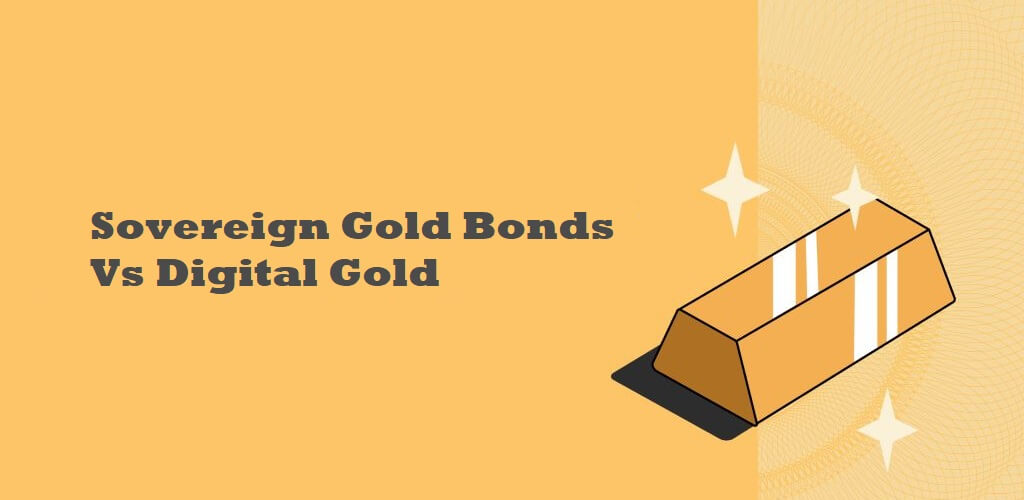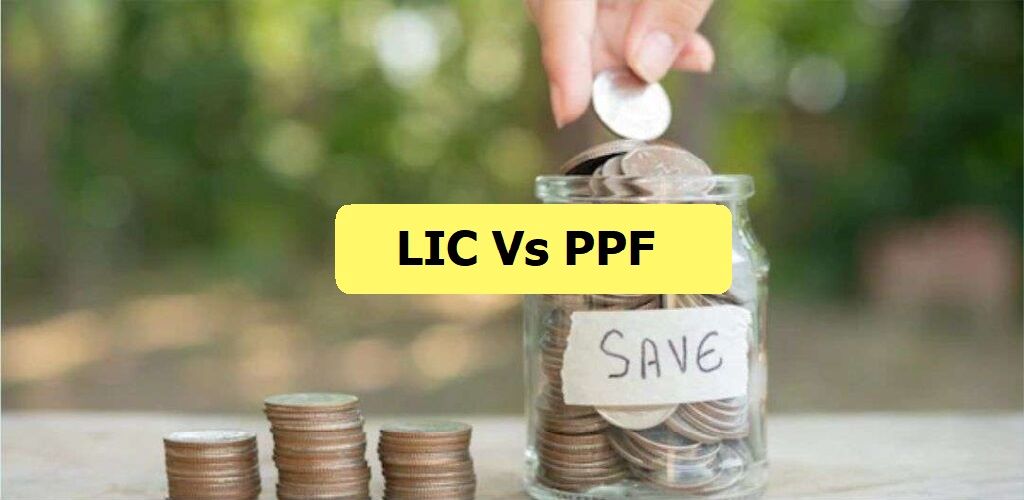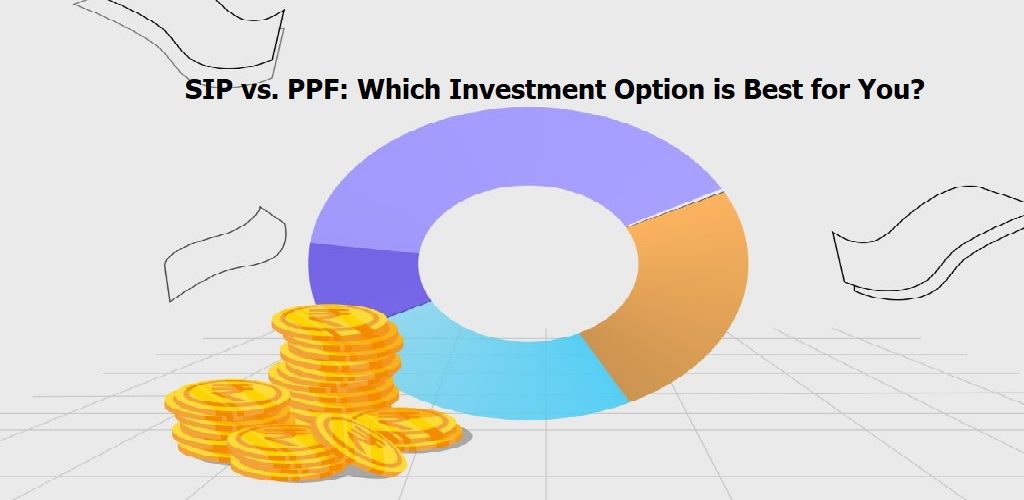India boasts one of the world’s largest gold markets, ranking as the second-largest consumer globally. Although the traditional approach of purchasing physical gold remains widely popular for investment, there is a growing trend towards the adoption of Digital Gold and Sovereign Gold Bonds (SGBs).
In the realm of investment choices, both SGBs and digital gold present attractive opportunities. However, newcomers to these concepts may find themselves perplexed when trying to discern which option is safer and offers superior returns.
In comparing Sovereign Gold Bonds (SGBs) and digital gold, it’s essential to grasp the fundamentals of each investment avenue.
What is a Sovereign Gold Bond?
The Sovereign Gold Bond (SGB) is a government-backed initiative enabling investors to acquire gold bonds issued by the Reserve Bank of India (RBI). The bond’s valuation is derived from the average closing price of gold with 999 purities over the three preceding working days before the subscription period. This data is provided by the India Bullion and Jewellers Association Ltd (IBJA). The minimum investment is set at one gram of gold, and the bond has a duration of eight years. Investors receive an annual interest of 2.5% on their investment.
Upon reaching maturity, investors can redeem the bond, and its value is determined by the simple average of the closing price of 999 gold purity over the preceding three business days, as reported by IBJA. Notably, SGBs are tradable on stock exchanges and can serve as collateral for loans.
What are the advantages of investing in SGBs?
The following is the list of the reasons to invest in SGBs.
- Interest payment
One of the primary advantages of the Sovereign Gold Bond (SGB) scheme is the fixed annual interest payment provided by the government on your investment. This interest is structured in two installments and is disbursed to the investor every six months. Importantly, this interest payment remains consistent, offering a guarantee to investors regardless of fluctuations in the market price of gold.
- Paper and Demat Format
To alleviate the expenses and apprehensions associated with storing physical gold, the Sovereign Gold Bond (SGB) is accessible in both paper and demat formats. When you invest in SGB, instead of receiving physical gold, you obtain a holding certificate. This eliminates concerns about the safety of storing gold and negates the need to pay an annual fee for securing it in a bank locker.
- Tax Benefit
The Sovereign Gold Bond (SGB) scheme offers significant tax benefits. Notably, no Tax Deducted at Source (TDS) is applicable on the interest earned from your SGB investment. Additionally, investors have the flexibility to transfer the bond before maturity, availing themselves of indexation benefits.
In the event of redeeming the bond after maturity, there is a complete exemption from capital gains tax.
- Convenience
The key objective of the Sovereign Gold Bond (SGB) is to streamline the ownership of gold, addressing the challenges associated with physical gold. In Indian households, the demand for physical gold often arises during events and festivities, but it comes with additional servicing and making charges, coupled with the inherent risk of theft.
The standout advantage of SGB lies in its fully digital nature, providing a convenient avenue for investing in gold without the concerns related to security and maintenance charges.
- Indexation Benefit
Indexation is indeed a valuable benefit associated with Sovereign Gold Bonds (SGB). In the context of high inflation, a common consequence is that the price of investments may rise, while the actual returns remain static. Sovereign Gold Bonds address this concern by offering indexation benefits on long-term capital gains.
The indexation benefit allows investors to reassess and adjust the purchase value of their investment, taking into account the impact of inflation. This process enables the calculation of the new value of the invested amount, factoring in the effects of inflation, and determines the real capital gain.
- Loan Facility
A significant advantage of Sovereign Gold Bonds (SGBs) lies in their utility as collateral for obtaining loans from scheduled financial institutions, following the Loan-to-Value (LTV) regulations set by the Reserve Bank of India. The Loan-to-Value ratio represents the proportion of the loan size to the value of the bond used as security.
For instance, if the total market value of your Sovereign Gold Bond holding is ₹1 lakh, you can potentially secure a loan of up to ₹75,000 against it, based on the applicable LTV ratio.
- Low Risk
Every investment instrument in the financial market carries some level of risk, and Sovereign Gold Bonds (SGBs) are no exception. However, the unique strength of SGBs lies in the fact that they are backed by the government of India. This government backing substantially minimizes the chances of defaults on repayment, making the risk of non-repayment nearly negligible.
What is Digital Gold?
Digital gold refers to a form of digital currency or asset that is designed to represent and mimic the properties of physical gold. It is typically backed by actual gold reserves or operates on a blockchain network, providing a digital representation of gold ownership.
Digital gold allows individuals to buy, sell, and hold gold in a digital format without the need for physical delivery or storage. It offers several advantages over traditional methods of investing in gold, such as increased accessibility, ease of transfer, and divisibility.
One common form of digital gold is a digital token or cryptocurrency that is backed by physical gold reserves. These tokens are usually issued by reputable companies or organizations that hold the corresponding amount of physical gold in secure vaults. The digital tokens can be bought or sold on cryptocurrency exchanges and are often redeemable for physical gold.
What are the Advantages of Investing in Digital Gold?
Listed below are the features and benefits of considering digital Gold for investment.
- Accessibility
Digital gold provides a more accessible way for individuals to invest in and hold gold. Unlike traditional methods like purchasing physical gold bars or coins, digital gold can be bought and sold online with ease. It allows investors to participate in the gold market without the need for specialized knowledge or physical storage.
- Fractional Ownership
Digital gold enables fractional ownership, meaning that investors can own a fraction of a unit of gold. This makes it more affordable for people to invest in gold, as they can buy smaller amounts according to their budget. Fractional ownership also allows for greater liquidity, as investors can easily sell a portion of their digital gold holdings when needed.
- Security
Digital gold leverages blockchain technology, which provides enhanced security and transparency. Transactions are recorded on a decentralized and immutable ledger, making it difficult for fraud or manipulation to occur. Additionally, reputable digital gold providers often store the physical gold in secure vaults and provide regular audits to ensure the backing of the digital tokens.
- Global Accessibility
Digital gold is not bound by geographical limitations. It can be bought, sold, and transferred globally, providing investors with access to the gold market from anywhere in the world. This global accessibility opens up investment opportunities and allows for diversification across different markets and currencies.
- Ease of Transfer
Digital gold can be easily transferred between individuals without the need for intermediaries. Transactions can be completed quickly and securely, reducing the time and cost associated with traditional methods of transferring gold. This ease of transfer makes digital gold a more convenient option for those who wish to engage in gold trading or use gold as a medium of exchange.
Comparison Between SGBs and Digital Golds
Here is the complete comparison between SBGs and digital golds.
| Particulars | SGBs | Digital Golds |
| Tenure | 8 years | No fixed tenure |
| Interest Rate | 2.5% p.a. paid semi-annually | No interest |
| Liquidity | Exchangeable on the stock market; Redeemable beginning in the fifth year | Liquid; Can be sold through online platforms like Paytm, Gpay, etc |
| Storage | No physical storage is needed; Demat mode | Stored in digital wallets |
| Purity | Backed by RBI Gold Reserves | Gold purity is 24K |
| Safety | Regulated and monitored by RBI | Not regulated |
| Conversion to physical gold | NA | Anytime by paying an additional fee |
| Taxation | If held until maturity, there is no Long-Term Capital Gains (LTCG) tax and no TDS required. | Capital gains tax applicable |
| Costs Incurred | GST is not applicable in this case, however standard Demat fees apply if you purchase on the secondary market. | Digital gold is subject to a 3% GST, and the price at which it is provided is typically greater. |
Which is a Better Choice: SGBs or Digital Gold?
In summary, the decision between Sovereign Gold Bonds (SGBs) and digital gold hinges on individual preferences and investment objectives. SGBs, backed by the government, offer a cost-effective means of investing in gold, albeit with a longer investment period and potentially less liquidity in the secondary market. On the other hand, digital gold provides convenience, accessibility, and flexibility in trading gold, but may involve additional charges such as GST and a higher gold price, and may lack the same level of government backing.
Careful consideration of these factors is crucial in making an informed decision that aligns with your investment goals, risk tolerance, and ease of access. Ultimately, the choice between SGBs and digital gold should reflect your individual financial preferences and the overall strategy you wish to adopt in the gold investment landscape.
Frequently Asked Questions
While Paytm, Google Pay, PhonePe, and Airtel Payments Bank are widely utilized for acquiring digital gold, several alternative platforms are also available for users to explore.
There is no set limit on the holding period for digital gold. It can be retained for as long as desired, but it’s important to note that there may be potential storage charges associated with prolonged holding.
Yes, some platforms offer the option to invest in digital gold using the SIP method.
No, purchasing digital gold has no tax advantages. Digital gold sales are subject to capital gains tax.
After five years, you can redeem SGB, but the amount you get back will be subject to long-term capital gains.
After five years, you can redeem SGB, but the amount you get back will be subject to long-term capital gains.
You will be required to pay an LTCG of 20% if you redeem your SGB after five years.







